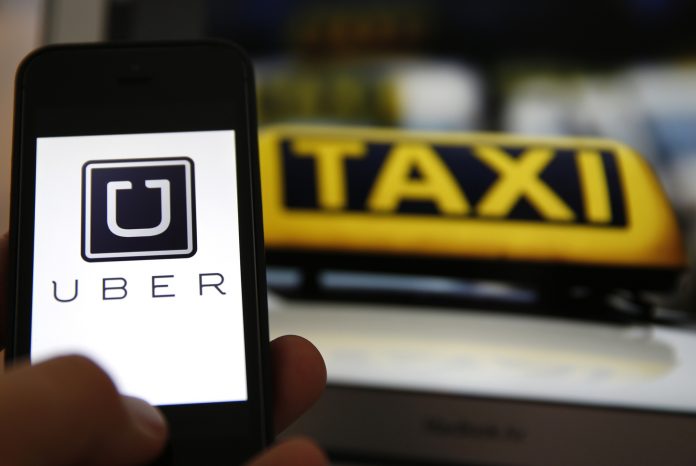
Uber is to open a new logistics center in Bulgaria, the country that banned this smartphone car service only a year ago. Bulgaria’s Minister of Economy Bozidar Lukarski announced this upcoming project during a radio broadcast for Darik.
According to Lukarski, Uber is to build a logistics center in Bulgaria that will assume the management role over taxi service operations in other European countries, as reported on Dnevnik.bg. Lukarski has explained that the nature of this project is not related to the limitation of Uber’s car service activities in the country. In his own words, “Bulgaria is a popular outsourcing destination,” and that is why it is the right fit for Uber’s logistics center.
He adds that the project has already been approved by the Bulgarian Investment Agency (InvestBulgaria Agency). As he claims, since the beginning of 2016, the Agency has certified 5 projects worth 100 million levs, whereas 22 other projects in the fields of manufacturing, engineering, and high-technology are still pending.

Image credit: novinite.com
Uber in Bulgaria – In a nutshell
The history of Uber in Bulgaria began in December 2014, when the company first introduced the ride sharing system in Sofia. This service gained great popularity amongst Bulgarian citizens. The taxi companies did not share the excitement at all. In March 2015, the largest taxi trade union organisation in Bulgaria, Union Taxi, started with protests against Uber’s operations in Sofia. The Commission for Protection of Competition resolved the situation by announcing a ban on Uber’s operations in the country by referring to unfair competition. The Supreme Administrative Court made this ban effective on October 6, 2015. According to a survey made by Gallup International in Bulgaria, 77% of the surveyors agreed that the ban on Uber did not benefit consumers.
More details on the Uber’s case in Bulgaria are available in the report published by the European Foundation for the Improvement of Living and Working Conditions.








